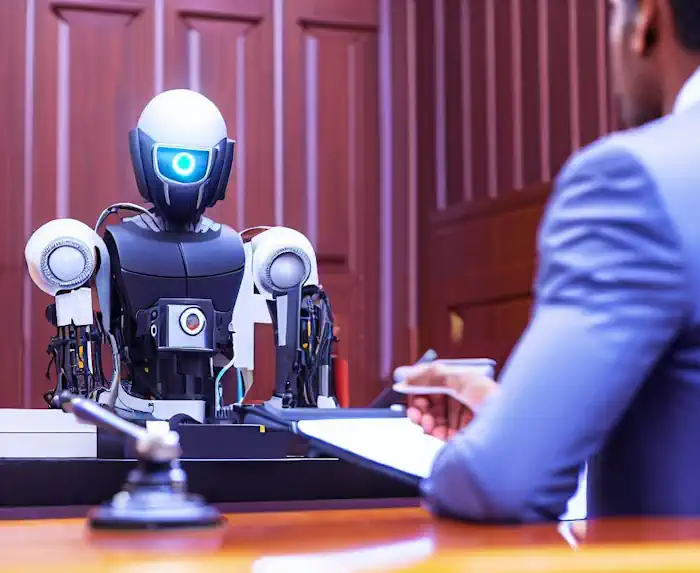In recent years, the advancement of artificial intelligence (AI) has raised significant concerns regarding its impact on authors’ rights. The emergence of AI models such as ChatGPT developed by OpenAI and LLaMA created by Meta AI has prompted a series of lawsuits targeting these companies.
These legal actions stem from allegations that the AI models have violated the rights of book authors by utilizing copyrighted material without proper consent, credit, or compensation. OpenAI, initially a nonprofit organization, received a substantial investment from Microsoft, while Meta AI, founded by Mark Zuckerberg and Yann LeCun, faced fines for privacy violations.
As the lawsuits, filed as class actions, aim to address the ethical implications of AI’s influence on human creativity, notable authors like Paul Tremblay and Mona Awad have become plaintiffs in this ongoing legal battle.
“JULY 7, 2023 – We’ve filed a second class-action lawsuit against OpenAI on behalf of three more wonderful book authors—Sarah Silverman, Chris Golden, and Richard Kadrey. The claims are otherwise similar to the initial complaint filed on June 28.” – https://llmlitigation.com/
This article examines the details of the lawsuits, the training practices employed by AI models, and the wider ethical concerns surrounding AI’s impact on authors’ rights.
Key Takeaways
- Lawsuits have been filed against ChatGPT and LLaMA for violating the rights of book authors.
- OpenAI and Meta AI used copyrighted books as training data for their AI systems without consent, credit, or compensation.
- OpenAI and Meta AI have faced criticism and disputes over their practices and direction.
- The lawsuits aim to address the ethical and fair use of AI in relation to human creativity and protect the rights of authors affected by generative AI.
Lawsuit Details
The lawsuits filed against OpenAI and Meta AI specifically target the AI systems ChatGPT and LLaMA, which have been accused of violating the rights of book authors through their use of copyrighted books as training data without consent, credit, or compensation.
The outcomes of these lawsuits are aimed at addressing the ethical and fair use of AI in relation to human creativity. One of the key issues raised in the lawsuits is the lack of compensation for authors whose works were used to train the AI systems. The plaintiffs argue that their valuable intellectual property was exploited without their consent or remuneration.
By filing these lawsuits, the authors seek to establish legal precedents that would ensure fair compensation and acknowledgment for their contributions to the training data used in AI systems.
AI Training Practices
AI training practices involve the utilization of large language models that are trained by extracting text from various sources. OpenAI and Meta AI have employed this approach to train their AI systems, including ChatGPT and LLaMA, respectively.
However, the use of copyrighted books as training data without consent, credit, or compensation has raised concerns about the impact on creativity and the rights of authors. These training methods have been criticized for their potential infringement on intellectual property and the lack of ethical considerations.
The lawsuits filed against OpenAI and Meta AI aim to address these issues and ensure fair use of AI in relation to human creativity. Balancing the advancement of AI systems with the protection of authors’ rights remains a challenge, highlighting the need for ethical guidelines and regulations in AI training practices.
Ethical Concerns
Ethical concerns arise regarding the training practices employed by OpenAI and Meta AI, specifically in relation to the potential infringement on intellectual property and the lack of ethical considerations in utilizing copyrighted books without consent, credit, or compensation.
AI’s impact on authorship raises questions about protecting intellectual property and fair use. OpenAI and Meta AI have come under scrutiny for using copyrighted books as training data for AI models without seeking permission from the authors or providing proper credit and compensation. This practice undermines the rights of authors and their creative works.
The lawsuits filed against these companies highlight the need for ethical guidelines and regulations to ensure that AI systems respect and protect the intellectual property of authors. Balancing the development of AI technology with the rights of creators is crucial to foster a fair and ethical environment in the AI industry.

